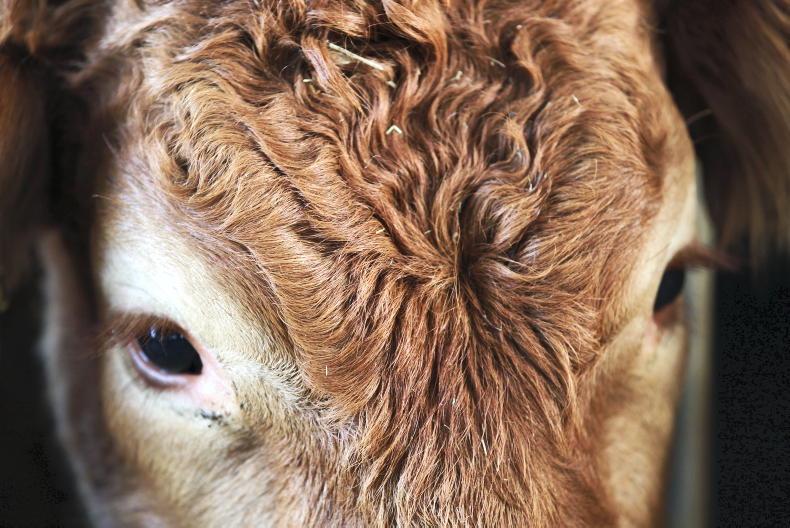Irish beef exports to China have been suspended after a case of atypical BSE was discovered in Ireland.
The case was identified in a 10-and-a-half-year-old cow during fallen animal testing at a knackery.
Tests carried out at the Department of Agriculture’s central veterinary research laboratory confirmed the case on 3 November.
The animal did not enter the food or feed chain and there are no public health risks associated with the case.
Ireland's protocol with China requires exports to be suspended pending submission and assessment of an epidemiological report. Therefore, exports of beef to China are now temporarily suspended.
'Disappointing'
The timeframe for resumption of exports is a matter for the Chinese authorities.
Irish Farmers' Association (IFA) livestock chair Brendan Golden described the suspension of access to the Chinese market as disappointing and said that it must be resolved quickly.
“Given that we had only recently regained access, it’s a setback that we could do without,” he said.
“The move by China is a technical issue,” he said, adding: “Under the protocol, Ireland is required to submit a detailed epidemiological report.”
“Given the nature of this case, once the report is reviewed by the Chinese authorities, there should be no delay in regaining access,” he said.
BSE status
Ireland was granted World Organisation for Animal Health (WOAH) negligible risk status for BSE in 2021, the lowest risk rating available. Atypical BSE is not a condition which is notifiable to the WOAH and this case does not affect Ireland’s negligible risk status for BSE.
Ireland had only resumed exports to China in April of this year after a three-year ban imposed by China following an isolated case of atypical BSE in May 2020. Irish beef exports to China were worth €40m in 2019.
Export volumes
Data up to the end of August shows that 2,693t of Irish beef was exported to mainland China this year, valued at just over €16m.
The largest monthly volume so far this year was exported in August, when €3.3m worth of beef was exported.
While there was high hopes for the Chinese market to take larger volumes of Irish beef in 2023, a struggling economy and lower beef demand meant that the market hasn’t grown as envisaged.
